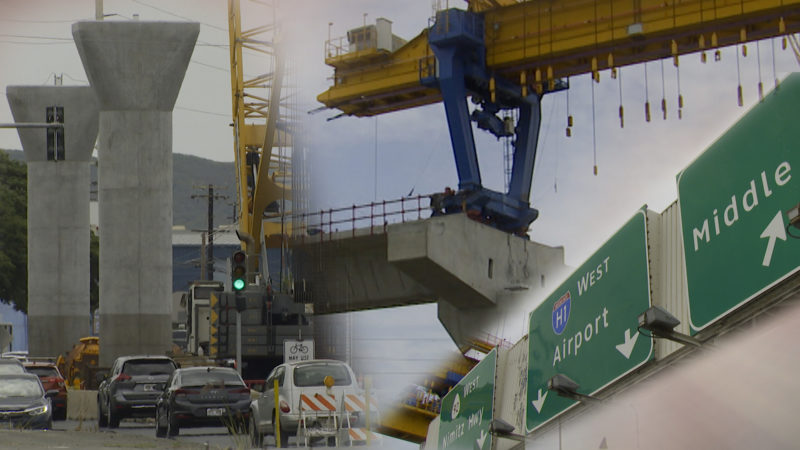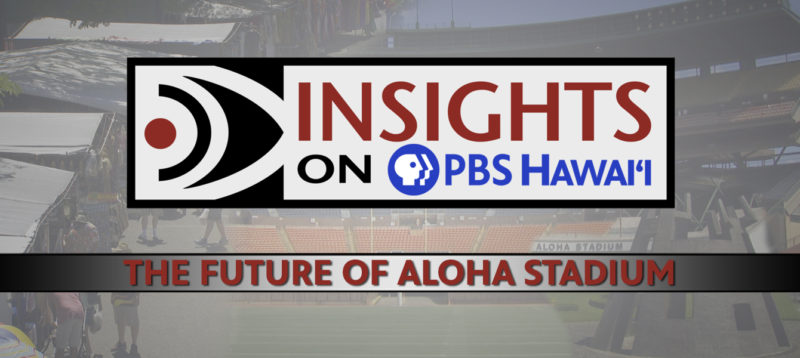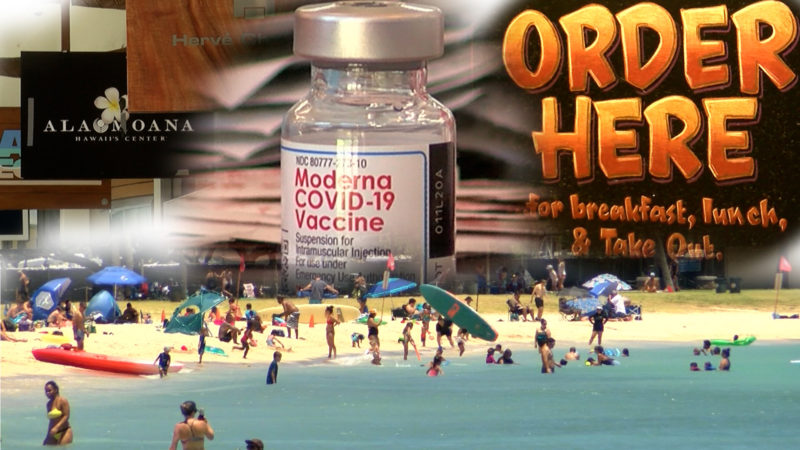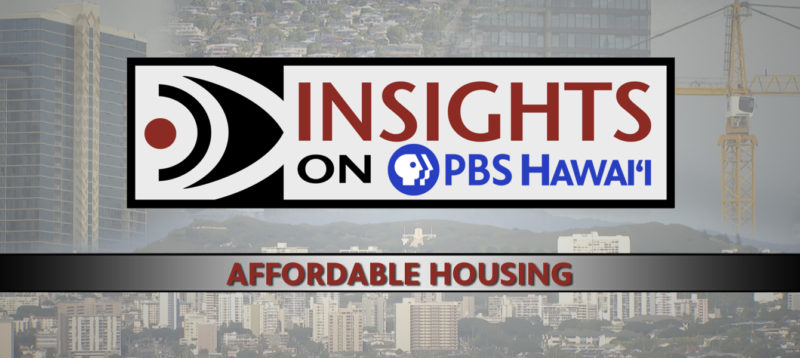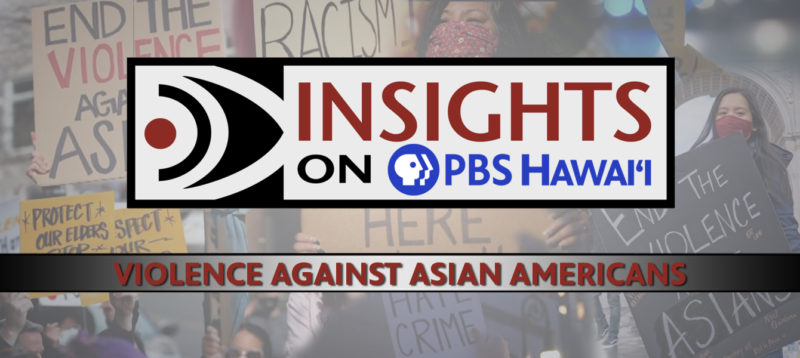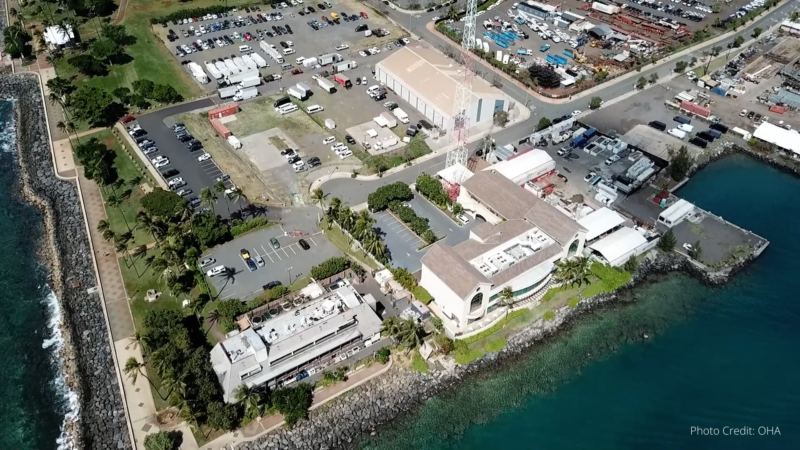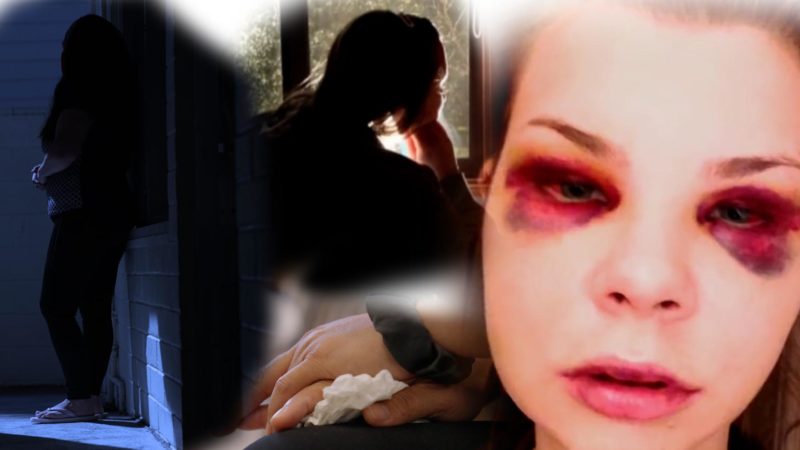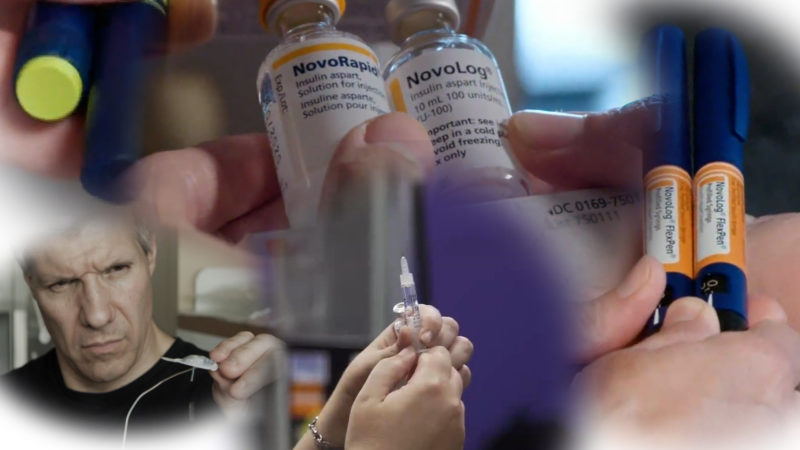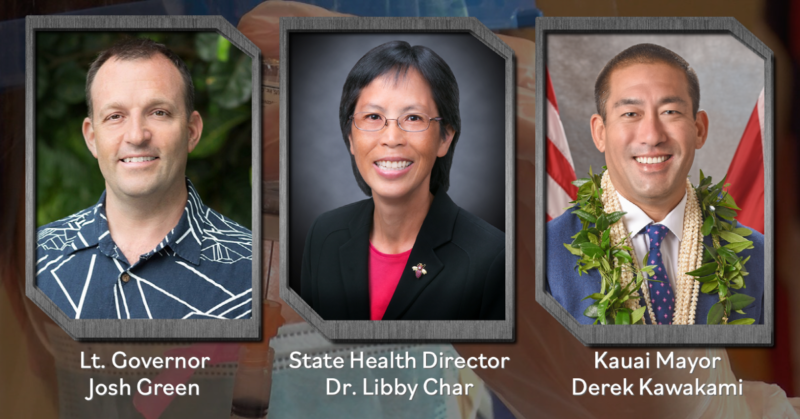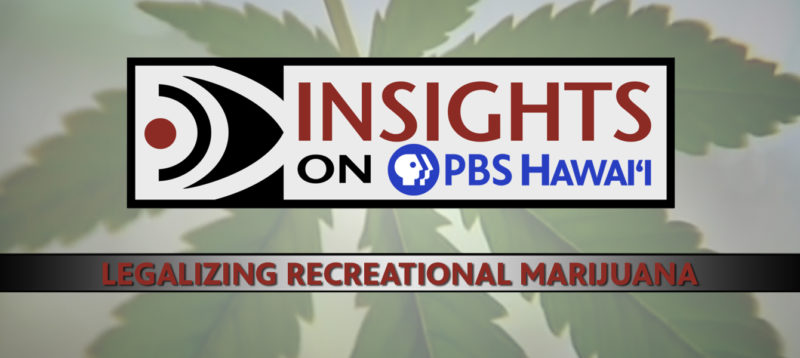Honolulu’s rail system was supposed to have begun service in 2020. It is not only still not running, it is way over budget and there are no specific dates about when service may start. A multitude of problems ranging from leadership changes, poor planning and defective parts continues to substantially raise the price tag and delay further construction. So what now? Where will the money come from to finish the project and where exactly will the rail line end?
For the past 45 years, Aloha Stadium has played host to everything from college, high school and professional football games to soccer matches, concerts and monster truck rallies. Time has taken its toll and the state agency that manages the facility says it is now unsafe to use. How will the state pay for plans that are in the works to build a new, smaller stadium, as part of an overall entertainment district?
As Hawaiʻi’s coronavirus vaccination rollout continues to expand, state and county leaders are easing or modifying restrictions. Good news for some local companies, but after a year of turmoil, many others remain in crisis mode or are no longer in business. From overdue rent to enforcing health guidelines and changing consumer habits, businesses continue to adjust to the ever-evolving situation.
The cost of living in Hawaiʻi continues to rise, most notably due to the lack of affordable housing. Many residents work more than one job, live with their parents or make the tough decision to leave Hawaiʻi, just to survive. With the median price for homes continuing to climb, how do we find a feasible solution?
MISSED LAST NIGHTʻS SHOW? Stream now and hear from U.S. Sen. Mazie Hirono—(D) Hawaiʻi and panelists on the rise in violence and the Stop Asian Hate Movement.
To settle a $200 million debt, the State deeded property in the Kakaʻako Makai neighborhood in Honolulu to the Office of Hawaiian Affairs (OHA). OHA wants to develop parcels ʻewa of Kewalo Basin and build residential high rises currently not allowed. Community activists say the State must preserve the coastline in what is becoming a highly developed urban area. A bill that would allow high rises appears dead at the Legislature. What are the next steps?
Catch up on INSIGHTS! Domestic violence is a scourge that does not discriminate by community, age, ethnicity or socio-economic status. It can take many forms, from physical to emotional abuse and even neglect. How do victims get help – even during a pandemic – and how are offenders held accountable?
More than 100,000 adults in Hawaiʻi have diabetes, with another 400,000 on the verge of diagnosis. Diabetic patients are at a higher risk for infections, including COVID-19. Hear why from a panel of experts on Diabetes in Hawaiʻi. You can phone in, or leave us a comment on Facebook or Twitter. INSIGHTS is also streamed live on pbshawaii.org and on PBS Hawaiʻi’s Facebook page.
Missed last nightʻs program? Stream now to hear from Lt. Governor Josh Green, State Health Director Dr. Libby Char, Kauai Mayor Derek Kawakami and Maui County Managing Director Sandy Baz about vaccines, the state Safe Travels Hawaii program and more.
Hawaiʻi lawmakers introduced at least four bills in the current legislative session that would legalize limited amounts of marijuana for recreational use. The proposals elicit strong opinions from both sides of the issue. Join the live conversation on INSIGHTS. Phone in or leave us a comment on Facebook or Twitter. INSIGHTS is also streamed live on our website and PBS Hawaiʻi’s Facebook page.


